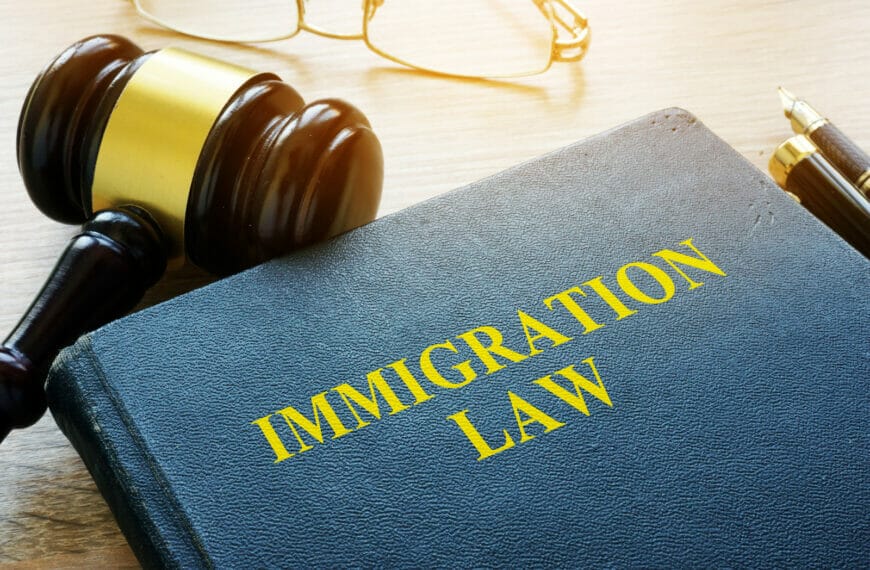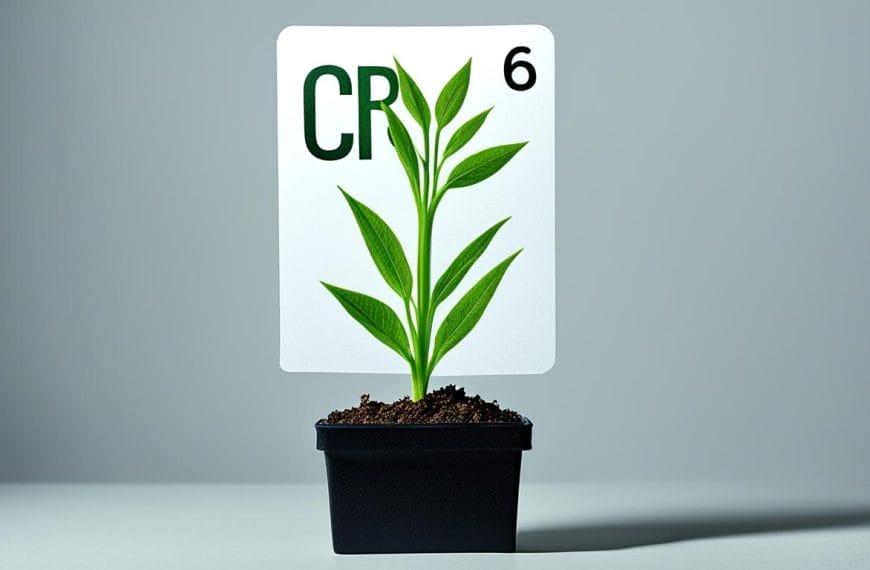Introduction
Obtaining a green card in the United States involves adhering to various requirements, including mandatory vaccinations. These vaccinations serve to protect you and the wider community from preventable diseases. This guide provides comprehensive information on the green card vaccination requirements, helping you navigate the process smoothly.
Understanding the Importance of Vaccinations
Vaccinations are crucial for public health as they protect individuals from serious illnesses and contribute to herd immunity. Green card applicants must comply with vaccination requirements to ensure the well-being of everyone within the country.
Essential Information about the Vaccination Process
Medical Examination and Vaccination Assessment
During the green card application process, you will undergo a medical examination conducted by a designated physician. This exam includes an assessment of your vaccination records to confirm compliance with the requirements. The physician will then document the results on Form I-693, a necessary document for your application.
The Role of Panel Physicians and Civil Surgeons
Panel physicians, appointed by the U.S. Department of State, conduct medical exams for applicants outside the United States. Civil surgeons, designated by USCIS, handle the exams for applicants already within the country. Both play a crucial role in ensuring adherence to vaccination requirements.
Required Vaccines for Green Card Applicants
Meeting the green card vaccination requirements necessitates being up-to-date on crucial immunizations. These vaccines safeguard against preventable diseases that could potentially lead to outbreaks or pose significant health risks.
- COVID-19 vaccine: Protects against the novel coronavirus.
- Mumps vaccine: Prevents mumps, a contagious viral infection.
- Measles vaccine: Protects against measles, a highly contagious viral illness.
- Rubella vaccine: Prevents rubella, also known as German measles.
- Polio vaccine: Protects against polio, a viral infection that can cause paralysis.
- Tetanus and Diphtheria vaccine: Protects against tetanus and diphtheria.
- Pertussis vaccine: Prevents pertussis, also known as whooping cough.
- Haemophilus influenzae type B vaccine: Protects against Haemophilus influenzae, a bacterium that can cause severe infections.
- Hepatitis B vaccine: Protects against hepatitis B, a viral infection affecting the liver.
Age-Appropriate Vaccinations
The specific vaccines required for green card applicants vary depending on their age group. Ensuring age-appropriate vaccinations is crucial for optimal protection against vaccine-preventable diseases.
| Vaccine | Age Group |
|---|---|
| Tetanus and Diphtheria vaccine | Children and adults |
| Pertussis vaccine | Children and adults |
| Polio vaccine | Children |
| Measles, Mumps, and Rubella vaccine | Individuals born in 1957 or later |
| Haemophilus influenzae type B vaccine | Children |
| Hepatitis B vaccine | Birth to 18 years old |
| Meningococcal vaccine | 11 to 18 years old |
| Varicella vaccine | Over 1 year old |
| Pneumococcal vaccine | Children and individuals over 65 |
| Seasonal influenza vaccine | Over 6 months old |
Consult with healthcare professionals to determine the age-appropriate vaccines required for your green card application.
Administering the Necessary Vaccines
Panel physicians or civil surgeons will administer the required vaccines for green card applicants. While some vaccines may require multiple doses, completing the entire series is not mandatory before the medical examination. However, it’s crucial to complete and document the full COVID-19 vaccine series for the medical examination to be considered complete.
Documenting Vaccination History
Providing proof of vaccination is essential for your green card application. You can submit medical records from a doctor or an international vaccination chart as valid documentation. If providing oral reports of vaccinations, ensure you have written documentation to support them.
Exemptions and Waivers
While vaccinations are generally required, certain exemptions and waivers may apply based on medical or non-medical circumstances. Consult an immigration attorney or medical professional for guidance on exemption eligibility and application procedures.
Conclusion
Understanding the green card vaccination requirements and complying with them is a crucial step in obtaining your green card. Remember to stay up-to-date on all necessary vaccinations and maintain accurate documentation to ensure a smooth application process. This guide has provided comprehensive information about the vaccination requirements to help you navigate this process successfully.













